Australian Prime Minister Anthony Albanese's weeklong official visit to China reflects the close economic relationship between the two countries and offers opportunities for greater cooperation in growing sectors amid global challenges, according to Australian analysts.
Other than high-level meetings in Beijing, the itinerary includes trips to Shanghai, where Albanese arrived on Saturday, and Chengdu, the capital of Sichuan province. The visit covers business, investment, tourism and other major sectors to build on Australia's strong economic and trade links with China, according to a statement from the prime minister's office.
James Laurenceson, director of the Australia-China Relations Institute at the University of Technology Sydney, said a leader's visit "positively impacts the bilateral relationship because it shows confidence and commitment at the highest political level".
"Businesses engaged in the Australia-China economic corridor report that they have benefited from the stabilization in Australia-China relations since 2022," he said, adding that amid rising geopolitical tensions globally, Sino-Australian ties hold greater significance.
"Both Australia and China have enormous, shared interests around trade," Laurenceson said. "Climate change and clean energy transition ... will expectedly get a lot of coverage given the two countries' shared interests."
David Olsson, president and chairman of the Australia China Business Council, said the visit by Albanese "matters because it signals intent".
"When political leaders are prepared to meet and listen, it creates space for business to step forward. This is especially important in a climate where geopolitical risks and economic uncertainty weigh on investment decisions," he said.
Olsson said that trade "has always been a foundation of the Australia-China relationship, and both sides understand its strategic importance".
"The global economic environment is shifting toward decarbonization, digitalization and regional integration, and these trends are reshaping trade patterns. Australia and China each have strengths to contribute in this transition," he said.
But it is not just about goods and services, Olsson stressed. "Sustained trade relationships are underpinned by people. We're seeing renewed energy in areas like education, tourism, sports and the arts, all of which help rebuild trust and understanding. That broader engagement adds depth to the economic relationship and supports a more resilient partnership," he said.
"We'll be paying close attention to areas that signal long-term cooperation, particularly in green energy, food and agribusiness, education and professional services, and sustainable infrastructure. These align with where our members see opportunity, and where Australian expertise matches China's evolving needs," Olsson added.
Hans Hendrischke, a professor of Chinese business and management at the University of Sydney Business School, said that Albanese's weeklong itinerary is "twice as long as a regular state visit for good reasons".
"For both sides, direct personal contact between their political and business leaders is essential to maintain stable economic relations," he said.
Hendrischke, who also chairs the business and economics cluster of the university's China Studies Centre, said the cities of Shanghai, Beijing and Chengdu represent Albanese's trade, government and investment agendas.
"In trade, Australian iron ore and resources exports to China provide the ballast to the bilateral economic relationship, but potentially face the risk of becoming bargaining chips in international geostrategic competition. In this situation, both sides need to reassure each other at the highest level of their commitment to unimpeded trade and investment," he said.
Hendrischke said that Chengdu is the likely place where Albanese will be shown "the latest results of State-planned industrial policy that could be proactively applied to support cooperation between Australian and Chinese companies, similar to the way international investment has contributed to the growth of new greenfield industries" around the provincial capital.
Referring to the China-Australia Free Trade Agreement, which marks its 10th anniversary this year, Hendrischke said that China's calls for integrating artificial intelligence and foreign direct investment in a revised agreement would also "open the way for Australia to direct Chinese investment into areas of national benefit such as renewable energy, agribusiness and high-tech services".
Laurenceson, from the Australia-China Relations Institute, said there will be plenty of areas where both sides can explore greater cooperation under the framework of the free trade agreement, such as the mutual recognition of skill qualifications and product and service standards.
Olsson, from the Australia-China Business Council, said that Albanese's visit, which includes a CEO roundtable for Australian and Chinese business leaders to strengthen trade and investment, is "another opportunity to demonstrate that commitment can reinforce the value of practical, respectful engagement between our two countries."











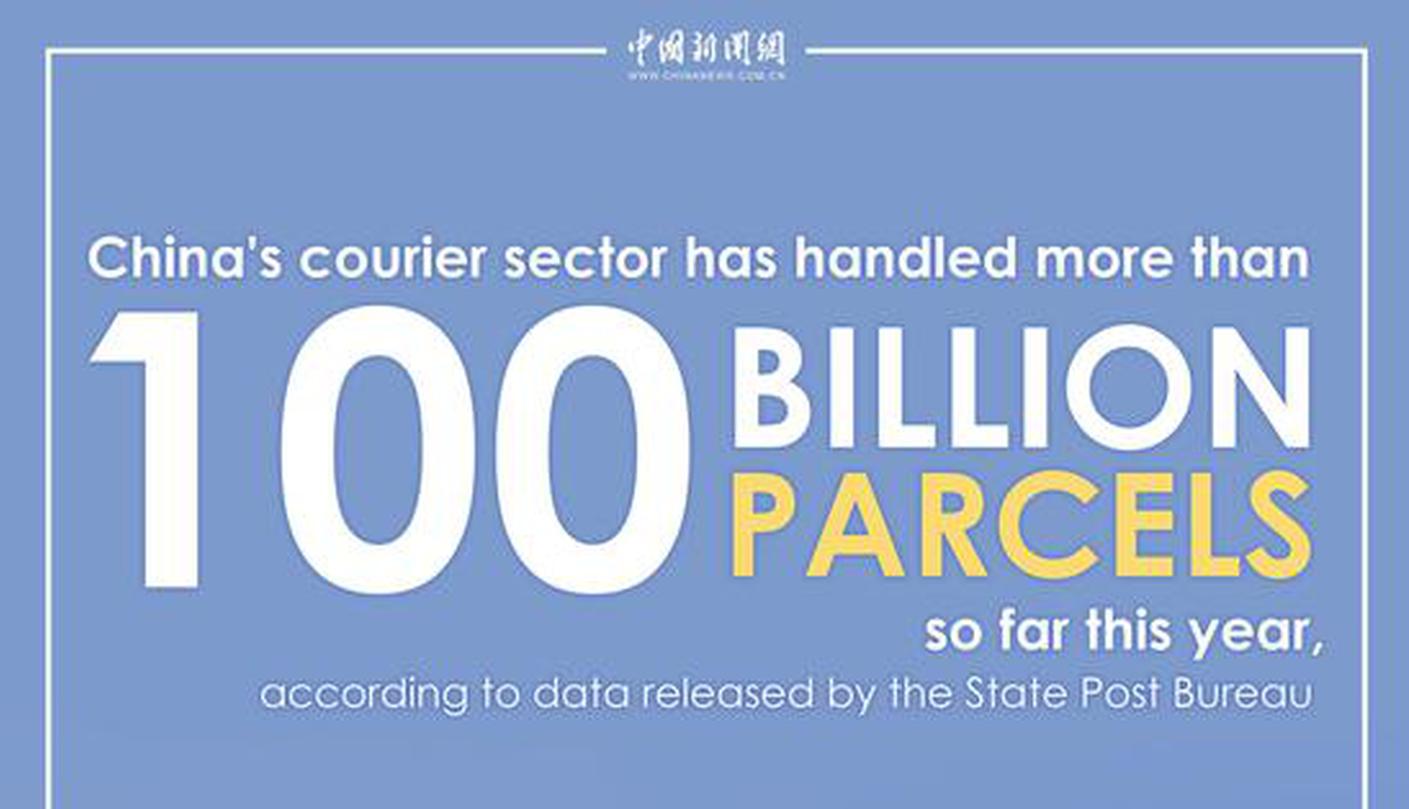

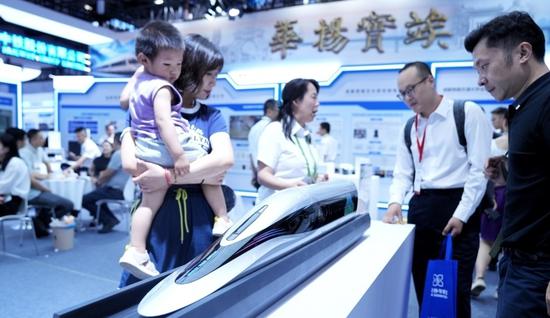
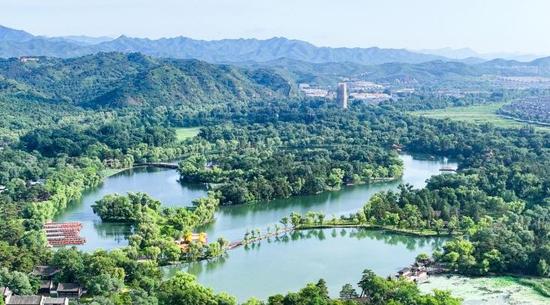
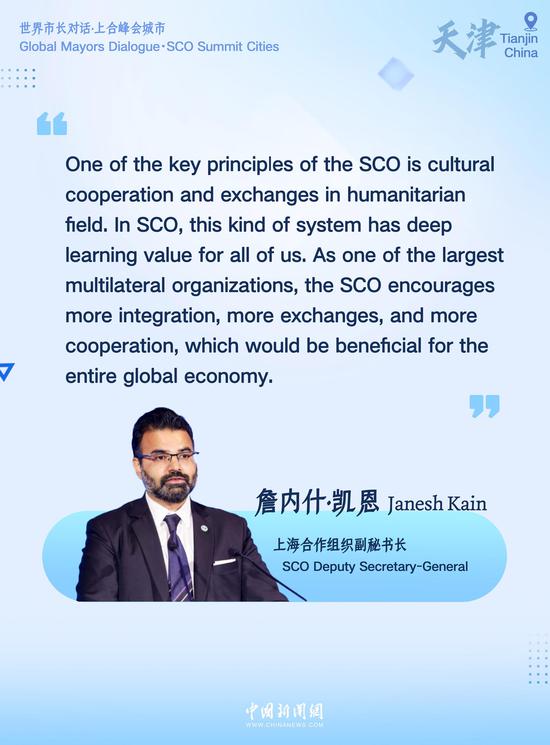
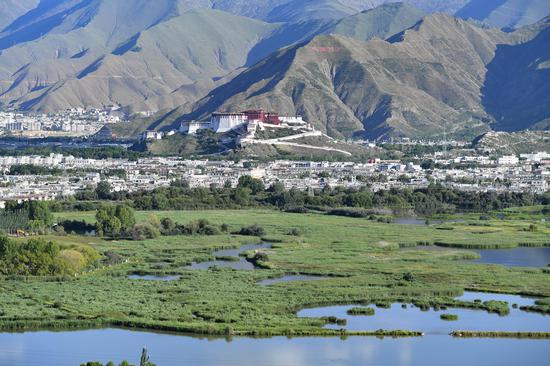









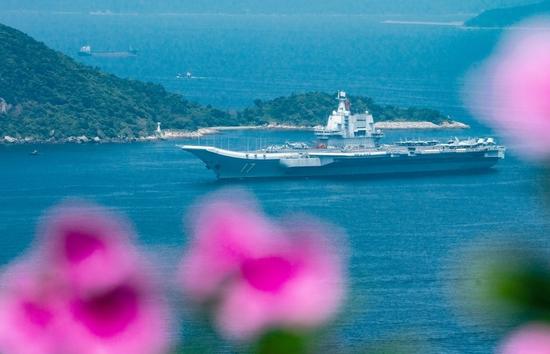

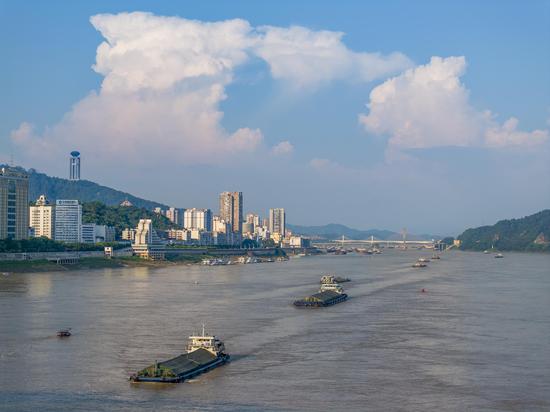


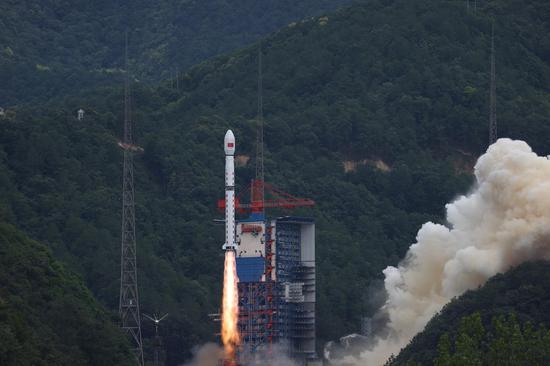
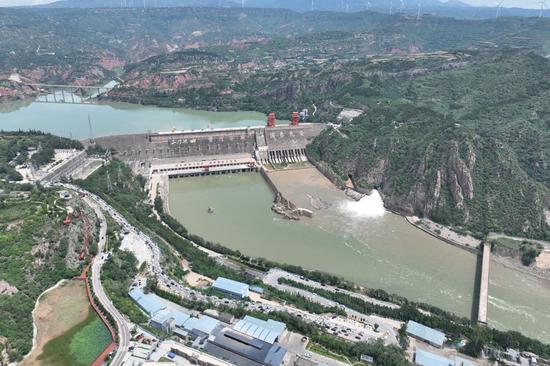

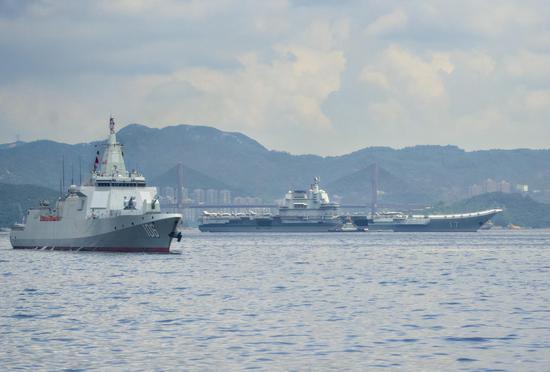
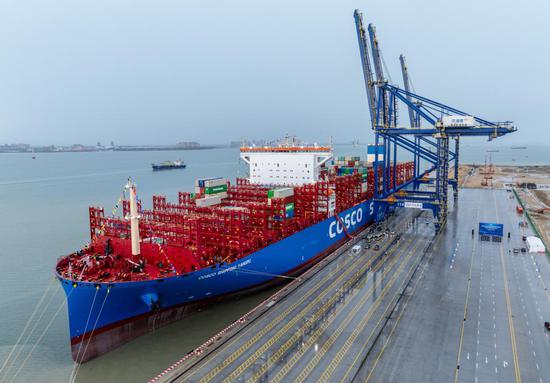

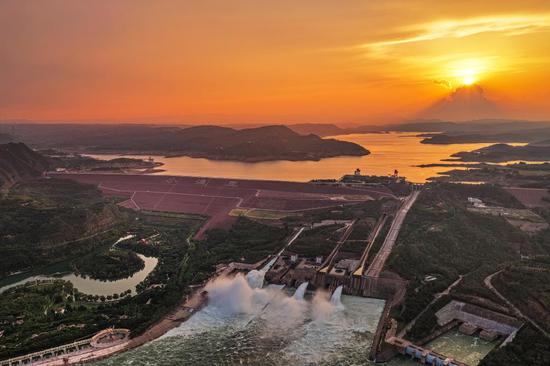


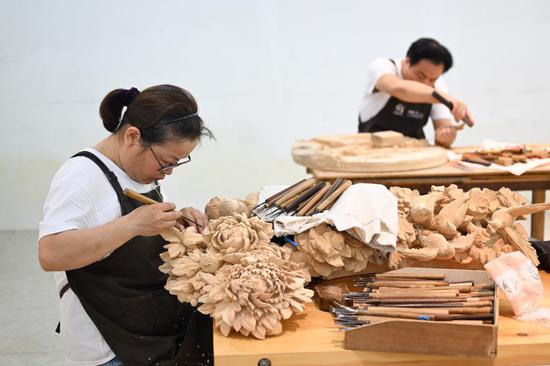

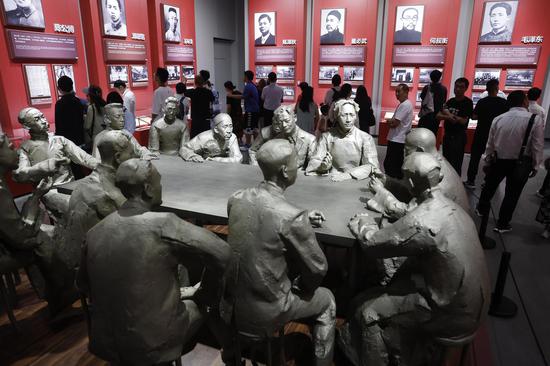
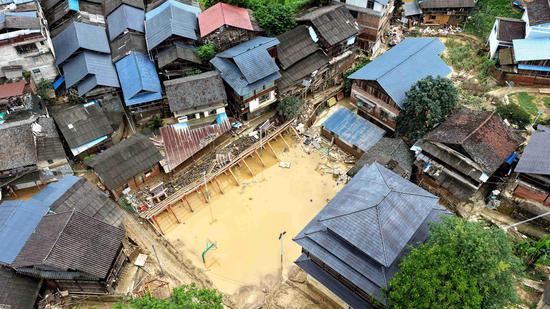
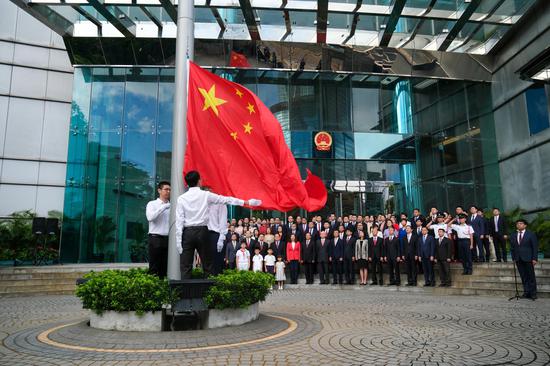

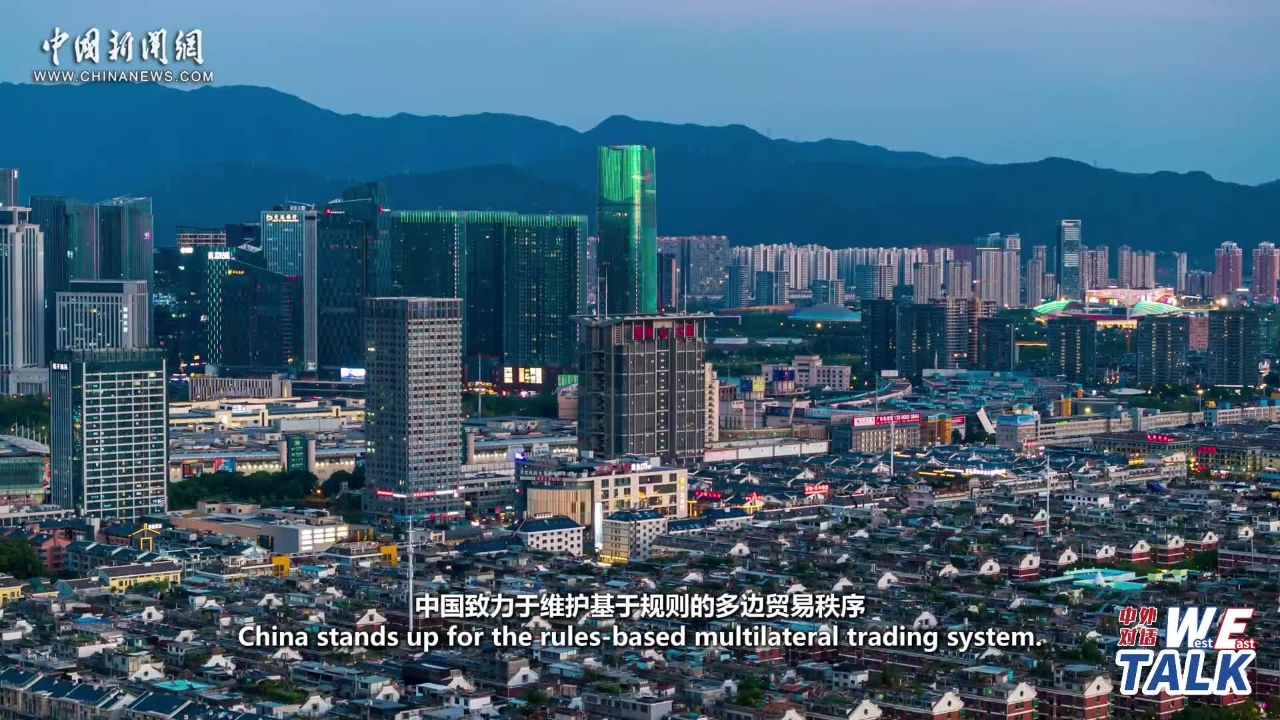


 京公網(wǎng)安備 11010202009201號
京公網(wǎng)安備 11010202009201號